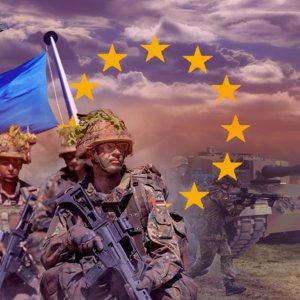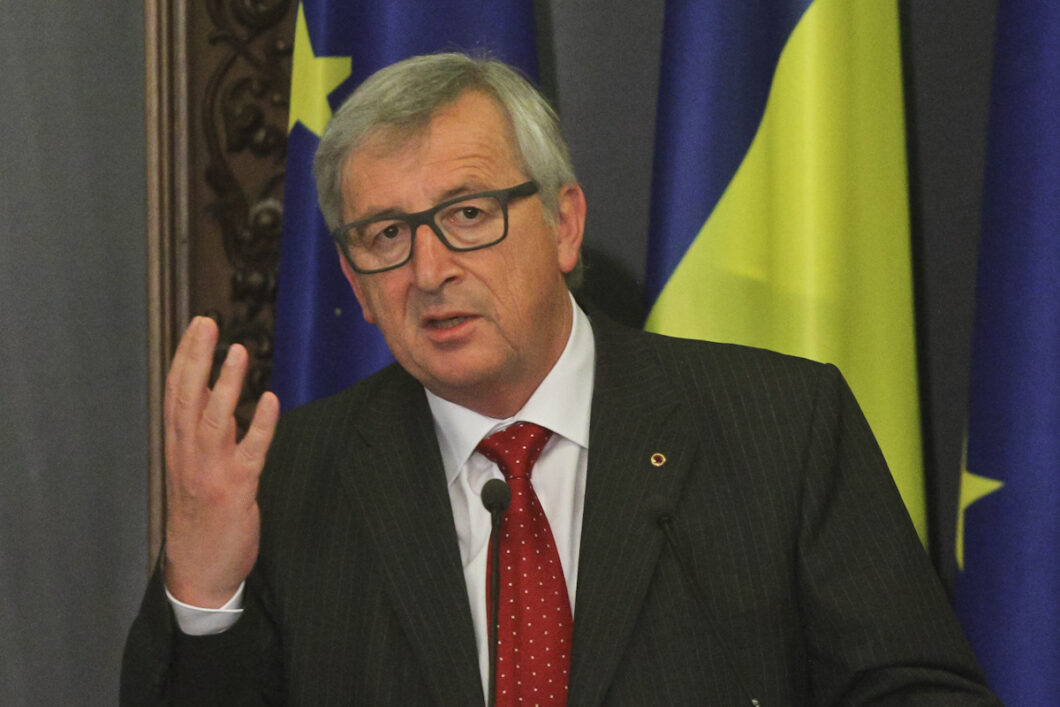
Place of Birth. Education. Born in Luxembourg in the town of Redange-sur-Attert in the family of a steelworker. In 1979 he graduated from the Faculty of Law of the University of Strasbourg (France) and became a member of the Luxembourg Bar Council.
Career. In 1974, Jean-Claude Juncker joined the Christian Social People's Party.
In 1980, Juncker was sworn into the Chamber of the Luxembourg Bar Council, but he never practiced as a lawyer.
In 1982-1984 - Secretary of State for Labor and Welfare.
In 1984 he was first elected to the Luxembourg Parliament.
1984-1989 - took the post of Minister of Labor, and then Minister of Finance (1989-1995) in the government of Jacques Santer. At this time, Juncker receives the post of World Bank Governor from Luxembourg.
In 1990-1995 - Chairman of the Christian Social People's Party.
After Jacques Santer was appointed President of the European Commission, on January 20, 1995, Juncker was confirmed Prime Minister (until December 4, 2013), in a coalition with the Luxembourg Socialist Workers' Party. Juncker resigned his position at the World Bank.
Jean-Claude Juncker was the head of government longer than all his colleagues in Europe. At the same time, he served as Minister of State and Minister of Labor (1995-1999), Minister of Finance (1995-2013).
His resignation from the post of prime minister in 2013 was the result of a scandal related to the activities of the National Intelligence and Security Service (SREL), which was convicted of corruption and illegal wiretapping of politicians. The commission investigating the scandal blamed the Prime Minister, who was in charge of SREL.
Juncker is a supporter of the introduction of single Eurobonds, in this matter he is opposed by German Finance Minister Wolfgang Schäuble.
In 2004, he was considered as a likely candidate for the presidency of the European Commission.
Since January 2005, he has been elected chairman of the Eurogroup three times (association of the heads of financial departments of the eurozone countries). In July 2012, his mandate in this post was extended for another 2.5 years, but in January 2013 he resigned.
2006-2010 - co-editor of the weekly Rheinischer Merkur.
On June 27, 2014, the European Council officially appointed Jean-Claude Juncker as President of the European Commission, after the European People's Party, which nominated him for this position, won the elections to the European Parliament.
On July 15, 2014, Juncker was chosen by secret ballot by the European Parliament to be President of the European Commission for the period 2014-2019. His candidacy was supported by 422 members of the European Parliament. Juncker will take up his duties in November 2014, following the expiration of the term of office of José Manuel Barroso.
German Chancellor Angela Merkel wants Jean-Claude Juncker to become President of the European Commission after the end of the term of José Manuel Barroso. Britain, led by Prime Minister David Cameron, is called an ardent opponent of the nomination of his candidacy - in London, Juncker is considered a supporter of the centralization of power in the European Union in Brussels.
At one of the meetings with members of the European Parliament, Juncker noted that he did not want the UK to leave the EU, in connection with which he said that he "was never against the idea of a well-structured, organized and thoroughly discussed return of part of the powers from Brussels to national parliaments."
Jean-Claude Juncker can be called one of the most influential politicians in the European Union. He is actively working on the development of the European Union. Juncker is one of the initiators of the conclusion of the Maastricht Treaty (1992, the founding document of the European Union) and the introduction of a single European currency (1999). He was one of the developers of the EU Stability and Growth Pact (1997), which limited the maximum level of the budget deficit of the community countries (3% of GDP) and the level of public debt (60% of GDP). A supporter of integration within the European Union and the strengthening of EU institutions.
Note that it was Juncker who initiated the first Ukraine-EU summit on September 5, 1997. He then called himself the main lobbyist for Ukraine in the EU. Supports the European integration of Ukraine.
From November 1, 2014 to December 2019 - Head of the European Commission. Juncker was replaced as head of the European Commission by Ursula von der Leyen.
Regalia. Grand Cross of the Order of Merit (Norway, 1996), Grand Cross of the Order of the Star of Romania (2003), Honorary Citizen of Trier (2003), Grand Cross of the Order of Merit of the Italian Republic (2007), Order of Dostyk, 1st class (Kazakhstan, 2008), Grand Officer of the Order of the Legion of Honor (France, 2002), Badge of Merit for the Republic of Austria (2010), Order of Merit (Saarland, 2010), Order of Merit (Baden-Württemberg, 2011). In 2006, he was awarded the Charlemagne International Prize "for the contribution of the Luxembourg government to the cause of European integration."
Family. Married. Juncker's father was a steelworker and a member of the Confederation of Christian Trade Unions.
07.12.2021

